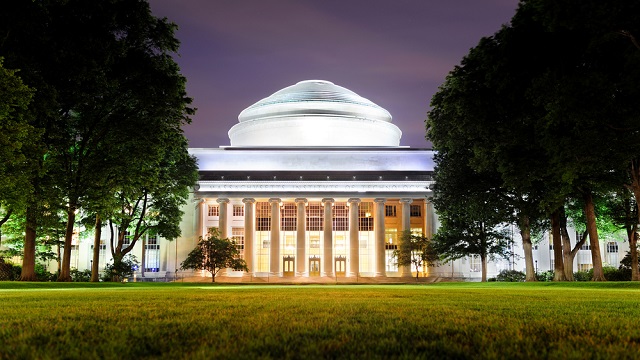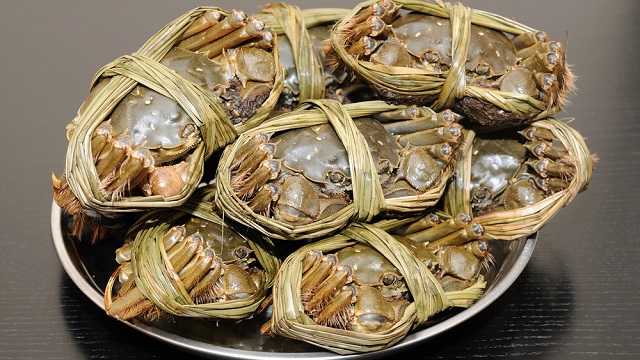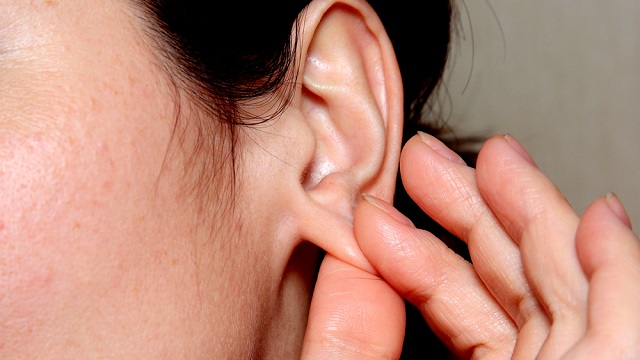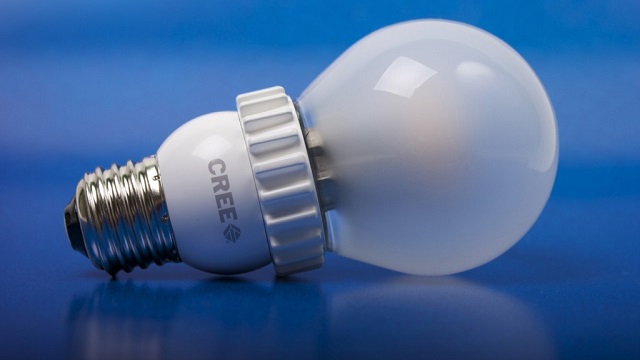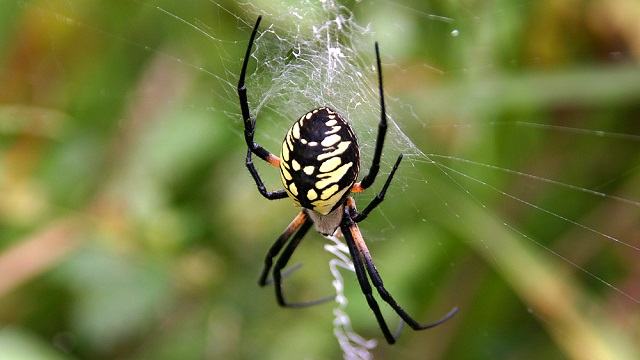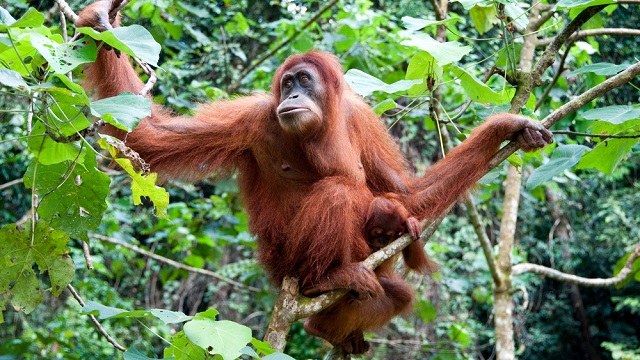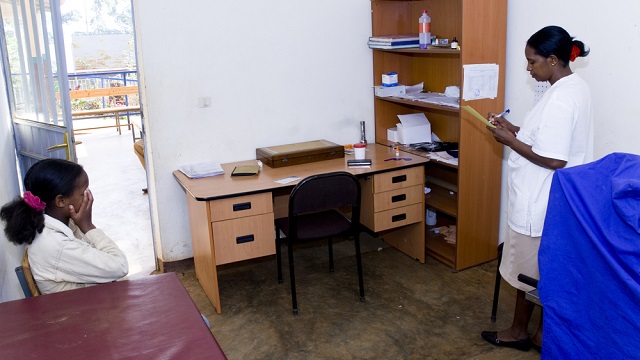Kecia Lynn
Kecia Lynn has worked as a technical writer, editor, software developer, arts administrator, summer camp director, and television host. A graduate of Case Western Reserve University and the Iowa Writers' Workshop, she is currently living in Iowa City and working on her first novel.
Later this year, a project will arrive at the International Space Station containing all the materials needed to grow a special breed of lettuce for eventual on-board consumption.
Early versions of Defense Distributed’s Liberator will be on display during the Victoria and Albert Museum’s Design Festival as proof of the institution’s “responding quickly to world events when they touch our areas of expertise.”
Scientists at a number of different research installations are using sound to help them learn more about the world’s oceans. They’re also sharing what they find via live online streams.
Once they are approved for commercial airspace, drones and the technology they carry stand to benefit farmers in a big way. Experts call it “precision agriculture.”
Clean Lahore was created in response to a 2011 epidemic that sickened 20,000. Along with a dedicated public health campaign, the app helps officials monitor all efforts to stop the disease’s spread.
Archbishop Stepinac High School in White Plains, NY is one of the first in the nation to replace all 40 of its print textbooks with digital versions, accessible via a tablet or laptop.
Last week, game developer Rovio launched Angry Birds Playground, an educational curriculum based on the Finnish national model and targeted towards kindergartners.
Citing the increase in abortions of female fetuses, students Sonya Davey, Samir Devalaraja and Neil Davey propose that companies with patents for genital-blurring ultrasound software file them in India, where sex determination is officially illegal.
Vienna’s use of “gender mainstreaming” — which takes the different experiences of men and women into account when making public policy decisions — has helped to make the city more livable and accessible for everyone.
The “highly unusual” ruling from a Seville judge reflects the times, as the divorcing couple cited various economic issues that prevented them from living separately.
The city of Utrecht will embark on a study involving a small group of mentally ill addicts and a variant of marijuana that’s said to have anti-anxiety and anti-psychotic properties.
Human tour guides need not worry…yet: Skycall is a proof-of-concept that allows lost visitors to summon help in the form of a small quadcopter.
This week, a street in the Chinese city of Hangzhou became home to a vending machine that stocks live crabs for 20 yuan (about US$3.27) apiece. The proprietor says it’s for hungry customers who come by after closing time.
Not because winning could turn you into a literal fat cat: Research suggests that simply buying tickets leads to materialistic thoughts followed by diminished self-restraint in the here and now.
In an attempt to reform telecommunications, the European Union Commission has suggested, among other things, removing all roaming charges by 2016 in order to provide “full and fair access” across all 28 member nations.
New research demonstrates that infants as young as eight months old understand that if an object is moving and appears to be in control of its movements, then it’s got something inside it that’s helping it to move.
Nissan’s Nismo smartwatch gives new meaning to the car/driver relationship: It connects to the car’s computer system so that its wearer can receive performance data and other information.
Disney Research’s Ishin-Den-Shin — Japanese for “what the mind thinks, the heart transmits” — converts recorded audio into a signal that passes from person to person through simple touch.
Cree’s version is the first to pass California standards for performance and cost and, hopefully, the average consumer’s standards for appearance.
Coating one of the toughest and most flexible materials in nature with carbon nanotubes results in a stretchy yet conductive hybrid that could be incorporated into different kinds of medical sensors.
The microbes and enzymes in pandas’ digestive systems have a unique ability to break down plant waste. Collecting it from the animals’ feces could lead to faster and cheaper biofuel production.
It’s the first time such conspicuous planning has been observed in the field — in this case, Sumatra — among non-human primates.
The newly discovered aquifers contain an estimated 250 billion cubic liters of water and could change the lives of the people living in Turkana, one of the country’s driest and poorest regions.
As part of this week’s Festival of the Planets celebration, University College London has made available to the public a selection of historic images from its archive. Included are glimpses of the surface of Venus.
They’re the first major finds by NASA’s X-ray space observatory, which went into orbit last year. Scientists expect it to find many more in the near future.
Devices that take advantage of a revolutionary new solar energy technology could provide medical professionals in developing countries with a reliable means of sanitation.
TruTag Technologies’ edible, silica-based microtags contain a wealth of specific data and can be used in both pharmaceuticals and food.
Today’s (Sept. 10) removal of Hewlett-Packard from the Dow Jones Industrial Index demonstrates how quickly advances in technology are speeding up companies’ rise and fall.
As the cloud continues to absorb more and more information, some futurists are wondering about what extreme cold storage could look like.
Documents retrieved from the Edward Snowden archive reveal that in addition to all the other spy tricks it can do, the agency can collect data from most smartphones, including the famously “surveillance-proof” Blackberry.











